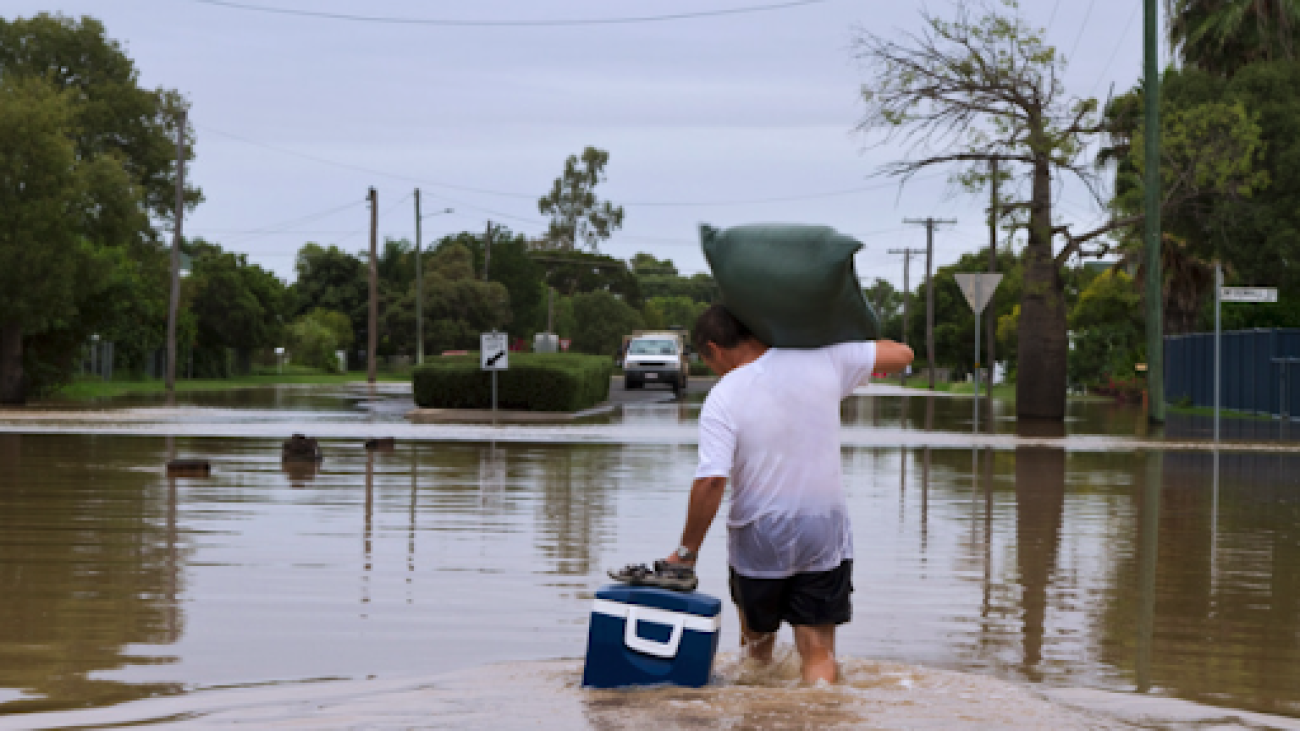Did you know that cyber protection insurance in Australia is one of the best ways to keep yourself protected?
As a business owner, it is important to protect yourself and your company against the ever-evolving digital risks posed by cybercriminals.
Cyber protection insurance covers claims related to data breaches, extortion attempts through ransomware, as well as other cyber threats – making it an incredibly beneficial policy for Australian businesses.
Let’s take a closer look at why this type of insurance may be just what your business needs in today’s uncertain cyberspace.
What is Cyber Protection Insurance and How Does it Work in Australia
Diving into the digital world comes with a fair share of risks, and sometimes the waves of cyber threats can leave us feeling overwhelmed.
Fear not, friends! We have a solution to ease your worries: Cyber Protection Insurance.
This nifty safeguard works wonders in the realm of interweb insecurities, providing a digital shield for organisations across Australia.
So, how does it work, you ask? Picture an effective team of tech wizards and legal maestros who swoop in when cyberattacks arise, providing financial support and expert services to help repair damages caused by these virtual mishaps.
From data breaches to phishing scams, Australian cyber protection insurance has got your back, helping to keep the digital world a safer place for businesses and individuals alike.
So why not consider getting onboard, and keep those cyber-villains at bay with the ultimate digital lifebuoy!
Common Threats
In today’s fast-paced world, it’s important to be aware of the common threats lurking around, waiting to catch you off guard.
But don’t worry, we’re here to help you navigate these potential hazards with a friendly and engaging approach.
One major threat you could fall victim to is cybercrime. Cyber criminals are getting smarter by the day, always coming up with creative ways to steal your personal information or take control of your devices.
Another concern is the risk of falling for scams, such as fake investment opportunities or being lured into providing sensitive information through phishing.
Plus, as we become increasingly dependent on technology, there’s a higher possibility of falling prey to accidents caused by distractions or improper use of devices.
The key is staying alert, informed, and vigilant – and with our helpful guidance, you’ll be better equipped to face these threats with confidence. And protect your business with strengthened cyber security and insurance.
Benefits of Investing in Cyber Protection Insurance
In today’s digital age, investing in cyber protection insurance is a smart move for every business owner.
Not only does it offer peace of mind but it also provides valuable safeguards, ensuring your intellectual property, data and critical operations remain safe from cyber threats.
Imagine the relief when a cyber security breach occurs, and you know you have an insurance policy in place to help mitigate financial losses and assist with recovery processes.
Furthermore, cyber protection insurance often includes access to expert guidance and resources in order to bolster security and defence against rapidly evolving cyber risks.
So, why wait? Investing in this invaluable insurance is a step towards future-proofing your business and maintaining reputational trust with your customers. It’s time to protect your digital world, creatively and effectively.
How to Choose the Right Coverage for Your Business
As a business owner, choosing the right coverage for your enterprise can feel like a daunting task, but you don’t need to be fearful. With a few helpful tips and a touch of creativity, you can ensure your business stays protected and thrives.
Begin by assessing your unique needs – consider factors like physical assets, types of services offered, and the size of your workforce. Research various insurance providers and compare their offerings, keeping an eye out for those that cater to your specific industry.
Don’t be afraid to ask for recommendations from fellow entrepreneurs or seek professional advice – after all, a friendly nudge in the right direction can make all the difference.
Remember, choosing the right coverage is an investment in your business’s future, so take your time and select the package that will give you the peace of mind to let your entrepreneurial spirit soar!
Tips on Keeping Your Data Secure and Avoiding Risks
Keeping your data secure and avoiding risks is more important than ever. With a few simple steps, you can create a digital fortress to protect your personal information and maintain your online privacy.
Start by creating strong, unique passwords for different accounts and enable multi-factor authentication wherever possible. Keep your software and operating systems up to date, as regular updates often come with crucial security patches.
Another simple, yet effective tactic is being wary of phishing attempts – make sure to scrutinise emails and messages before clicking on any links.
Lastly, don’t forget to regularly back up your data in case of accidental loss or a malware attack, and when logging onto public Wi-Fi networks, use a reliable virtual private network (VPN) to keep your data encrypted and safe from potential eavesdroppers.
With these tips in hand, you’ll be well on your way to maintaining a secure digital presence, and you’ll be able to sleep better at night knowing that your personal information is safe from cybercriminals, cyber events, and cyber extortion.
Protect Your Cyber Security
The impacts of cyber-attacks can be devastating for businesses and it is vital to protect your data in a digital age. Cyber liability insurance can cover an array of costs associated with a breach, cybersecurity incident or litigation related to data loss.
You don’t want to be caught off guard and the most effective way to make sure you are ready if one occurs is to invest in cyber protection insurance before you are vulnerable.
With the benefits of covering incidents from all levels, from compliance and legal costs, crisis management and customer compensation, there is no doubt investing in cyber protection insurance can help protect and streamline your business against any potential attack.
After all, data is often seen as akin to money – so it only makes sense that you want to make sure your assets are adequately covered. Plus, by keeping an eye on potential threats posed by malicious actors out there aiming to take advantage of any vulnerabilities that may exist in your system, staying alert can help you stay ahead and mitigate potential risks before they occur.
At Business Insurance Consulting we can help ensure your business is protected so that even if the worst happens you remain secure at all times. So contact us now to purchase cyber security insurance coverage tailored just for you!



























